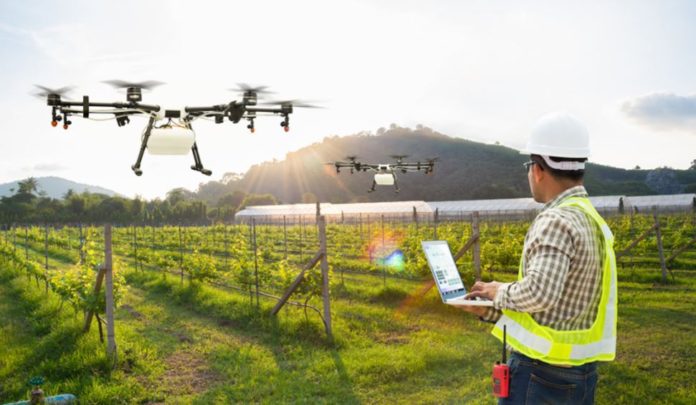About 70% of Uganda’s population derives its livelihood from agriculture and as such the country has adapted the use of modern farming technologies such as using of machinery and drones are practiced, and is striving to speed up commercialization of agriculture to increase local household incomes.
The country together with China have been operating the China-Uganda South-South cooperation project over the years through a tripartite agreement with FAO. Through the project, small scale farmers in rural Uganda will benefit from the on-the-farm training to boost production. Chinese technicians and experts will continue to share skills and technology on the agronomic practices with local farmers.
Antonio Querido, UN Food and Agriculture Organization (FAO) country representative told Xinhua in a recent interview that the three parties are working on the third phase of the cooperation project.
“It is an opportunity to learn from China and the Chinese people on how they went about transforming their agriculture system and how this can be shared with countries of the South,” Querido said.
Chinese hybrid rice
At the end of the second phase of the project in 2017, about 3,000 farmers were trained in cereals, horticulture, aquaculture and livestock in Uganda, according to the Ministry of Agriculture. Herbert Agaba is one of the farmers who got the opportunity to be trained on the use the technologies. On the lush green rice paddies at a Chinese-run farm in the central Ugandan district of Kalungu, he is seen preparing flying drones to spray pesticides.
The Chinese technicians introduced the growth of Chinese hybrid rice to local farmers. Official studies showed that the hybrid rice can yield up to 10 metric tons per hectare compared with the conventional rice which yields 4.5 metric tons per hectare.
Peter Muhimbo, an expert at Uganda’s Ministry of Agriculture and acting project coordinator of the Uganda-China South-South Project, told Xinhua that the third phase is to develop a complete value chain with access to the market, which would be able to ensure food security and improve people’s wellbeing.
He is optimistic that during the third phase, innovative ways would be developed to help farmers sell their agricultural products to the market amid the spread of the COVID-19 pandemic. Querido said the lockdown measures affected some farmers as borders were closed and their products could not reach the market.
“We are doing fine in terms of food security. The first lockdown created some constraints, but it did not take us to a point of total collapse of our food system. We should continue to plan ahead for any situation that can create any constraint to the food system in Uganda,” he said.









[…] Source Framer review Africa […]
Comments are closed.